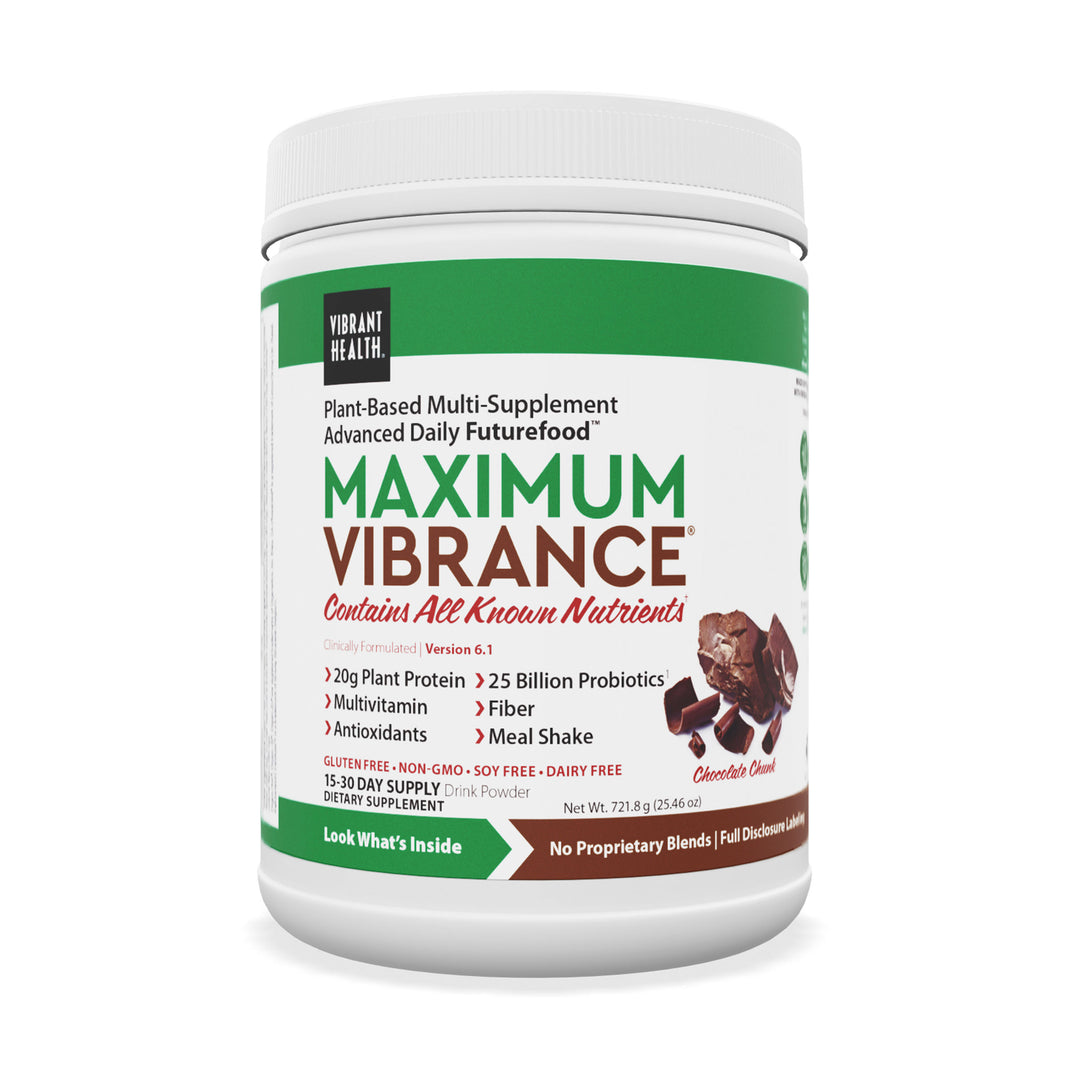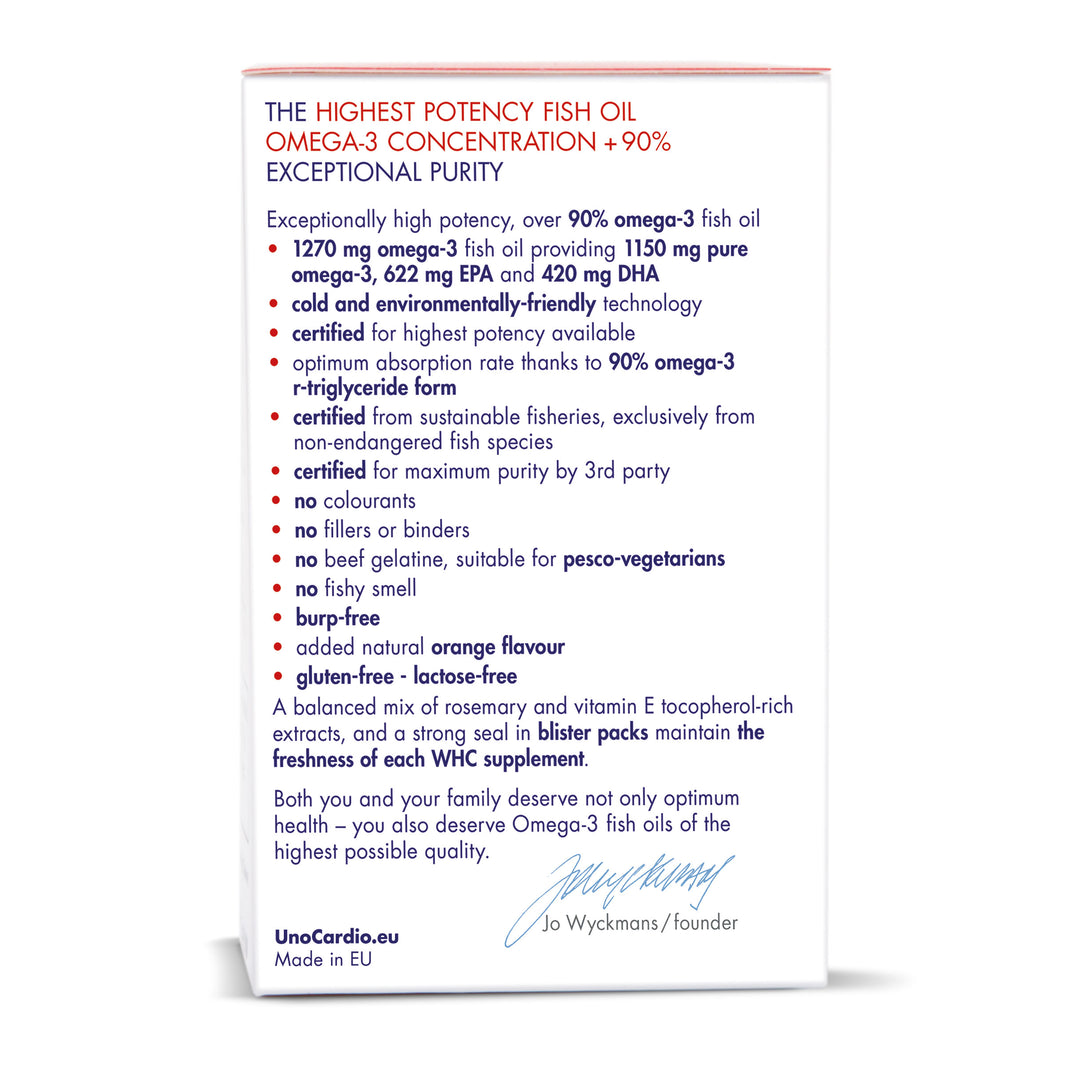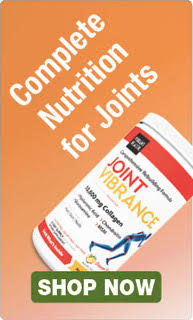The body relies on nutrients to heal after an injury. Recovery pushes the system into high alert, leveraging hormones, enzymes, and proteins to return the cells to their usual, healthy selves.
Whether you are suffering with a muscle tear or bone breakage, high-quality dietary supplements can help you to return to good health and even improve your capacity to cope with pain-related anxiety.
The Magic of Protein
Protein is more than just a fuel source. It builds and repairs muscle tissue while reducing infection risk. It carries oxygen through the body, repairs skin, and keeps your body fluids in balance.
Still, improving your protein intake requires more than just eating more meat. The body breaks the nutrient down into amino acids and peptides, and your body needs all of them to stay healthy.
Red meat and oily fish are good, complete protein sources, while non-meat sources like quinoa, buckwheat, hempseed and soybeans all have their place.
As for the utility of protein supplements, the clue is in the name: they are designed to supplement a whole-food diet rather than replace it.
As you heal, you’ll need a protein powder that packs serious nutritional punch. Supplements are divided into egg, milk, rice, and pea proteins. The latter is hypoallergenic and easy to digest.
Milk proteins are best for immune support and muscle growth. Hemp protein sources pack extra omega-3 fatty acids into your diet.
Vitamin D and Calcium
You probably know calcium as the bone builder of the body, but it also keeps your nervous system healthy. If you suffer from muscle spasms, a simple calcium and magnesium supplement can have dramatic effects.
It is important to keep both minerals in balance because the body uses magnesium to metabolise calcium. Supplementing only one can lead to deficiencies, so most calcium supplements contain both minerals.
Vitamin D is included less frequently, but it is also responsible for your body’s ability to absorb calcium. If you don’t get much sun or take medications that reduce vitamin D levels, you might need a D supplement as well.
Vitamin D is an important nutrient for patients who are recovering from surgery, particularly operations on the anterior cruciate ligament.
Patients with adequate levels of circulating Vitamin D appear to suffer from fewer perioperative infections.
Vitamin D raises cathelicidin levels, which are antimicrobial peptides innate to the immune system. Any injury that carries an infection risk can benefit from balanced vitamin D levels.
Creatine & Silicon
Creatine is associated with ordinary post-exercise recovery, but it can also prevent injury, provide neuroprotection and support rehabilitation.
Creatine is an important part of the body’s energy system. It has a positive effect on muscle healing after intense and repeated bouts of exercise. Athletes who are facing championships or performing heavily on a weekly basis can benefit enormously from this magical nutrient.
Regular users gain the most benefits from creatine supplementation, which is also used for post-injury rehabilitation. It helps to maintain lean muscle mass, so if you are building strength, this is your go-to supplement.
You probably don’t think of silicon as a nutrient, but it plays a key role in bone formation, which is why osteoporosis sufferers often supplement it to provide strength to weakening bones. It can be used to treat wounds and sprains, too.
Silicon occurs naturally in certain vegetables, but it’s possible to supplement it to improve healing. Researchers believe it might also play a role in reforming bone and collagen.
Water
Water keeps the blood thin and allows nutrients and oxygen to move freely through the body. This speeds up recovery, helps the skin to heal and may even relieve some of your pain.
If you have developed an infection, water will help stabilise your body temperature and improve dehydration. That doesn’t mean you should raise your water levels to ridiculous levels, though. Too much water is as destructive as too little, particularly if you are an active sportsperson who is at risk of developing hypernatremia.
Most adults need two litres of water each day, an amount you can increase during heat waves or when you have nausea and a fever.
Conclusion
The simple fact is that your body needs extra fuel to heal itself, and that means a more balanced diet, complete with grains, vegetables, fruits and protein. This isn’t the time to limit your calorie intake: it’s a rebuilding process, after all. With proper nutrition, you’ll soon be back to full strength again.
This article was written by Patrick Hanley of APC Physio. Patrick works with sports people to treat injuries at a specialised Sports Injury Clinic. He is an expert in the role nutrition plays in repairing injury.
Water for Health Ltd began trading in 2007 with the goal of positively affecting the lives of many. We still retain that mission because we believe that proper hydration and nutrition can make a massive difference to people’s health and quality of life. Click here to find out more.




























Leave a comment